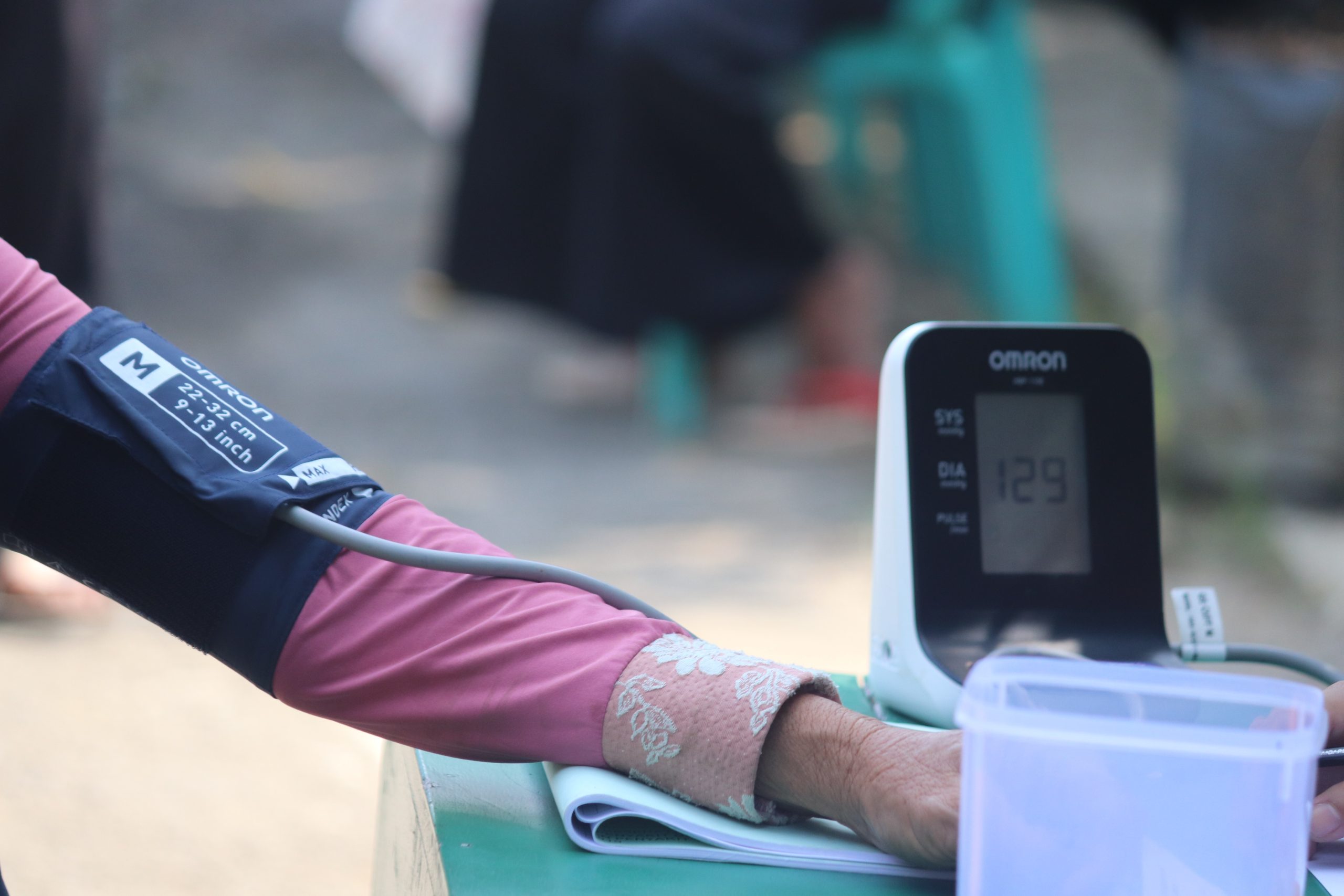WHAT IS HYPERTENSION

Hypertension, also known as high blood pressure, is a medical condition characterized by the long-term force of blood against the walls of arteries being consistently too high. It is a common health problem that affects many people worldwide and, if left uncontrolled, can lead to serious complications such as heart disease, stroke, kidney damage, and other health issues.
Hypertension is typically categorized into two types: primary (essential) and secondary hypertension. Primary hypertension is the most common type and does not have a specific underlying cause. Secondary hypertension, on the other hand, is caused by an underlying health condition such as kidney disease, hormonal disorders, or medications.
Managing hypertension involves a combination of lifestyle changes and, in some cases, medication. Here are some approaches to help manage hypertension:
- Healthy diet: Follow a balanced diet that is rich in fruits, vegetables, whole grains, lean proteins, and low-fat dairy products. Limit the intake of saturated fats, cholesterol, sodium (salt), and added sugars.
- Weight management: Maintain a healthy weight or strive to lose weight if overweight. Even a small reduction in weight can make a significant difference in blood pressure levels.
- Regular exercise: Engage in regular physical activity for at least 150 minutes per week, or as recommended by your healthcare provider. Aerobic exercises such as walking, jogging, cycling, or swimming can help lower blood pressure.
- Limit alcohol consumption: If you drink alcohol, do so in moderation. Men should limit to two drinks per day, while women should limit to one drink per day.
- Quit smoking: Smoking can raise blood pressure and damage blood vessels. Quitting smoking can significantly improve your overall health, including blood pressure.
- Reduce sodium intake: Limit the amount of salt in your diet. Aim for less than 2,300 milligrams (mg) of sodium per day, and even lower if you have certain health conditions.
- Manage stress: Find healthy ways to manage and cope with stress, such as practicing relaxation techniques, meditation, deep breathing exercises, or engaging in hobbies you enjoy.
- Medication: In some cases, lifestyle changes alone may not be enough to control hypertension. Your healthcare provider may prescribe medication to help lower your blood pressure. It’s important to take the medication as directed and attend regular check-ups.

Regular monitoring of blood pressure is crucial to track progress and ensure that it is well-managed. It’s important to work closely with your healthcare provider to develop an individualized plan for managing hypertension based on your specific condition and needs.


